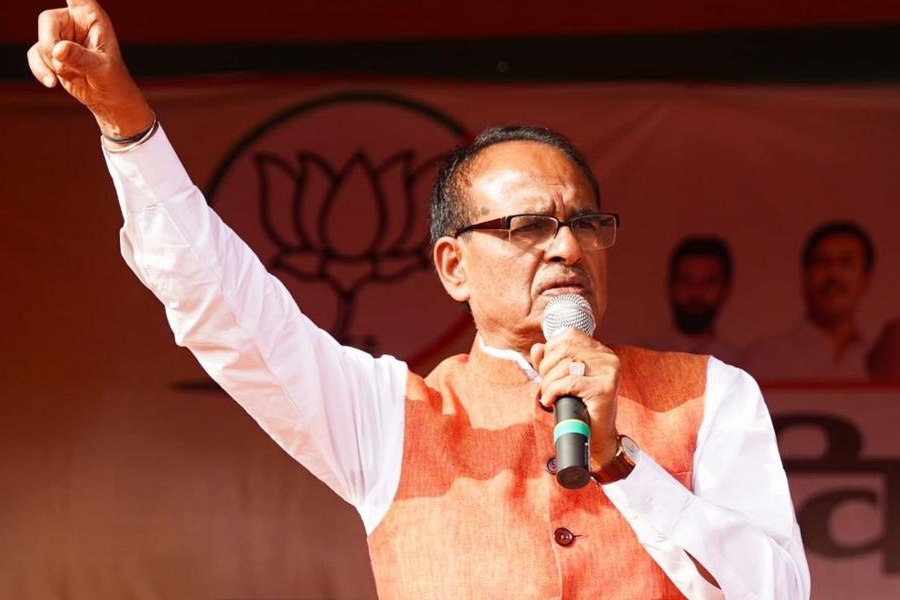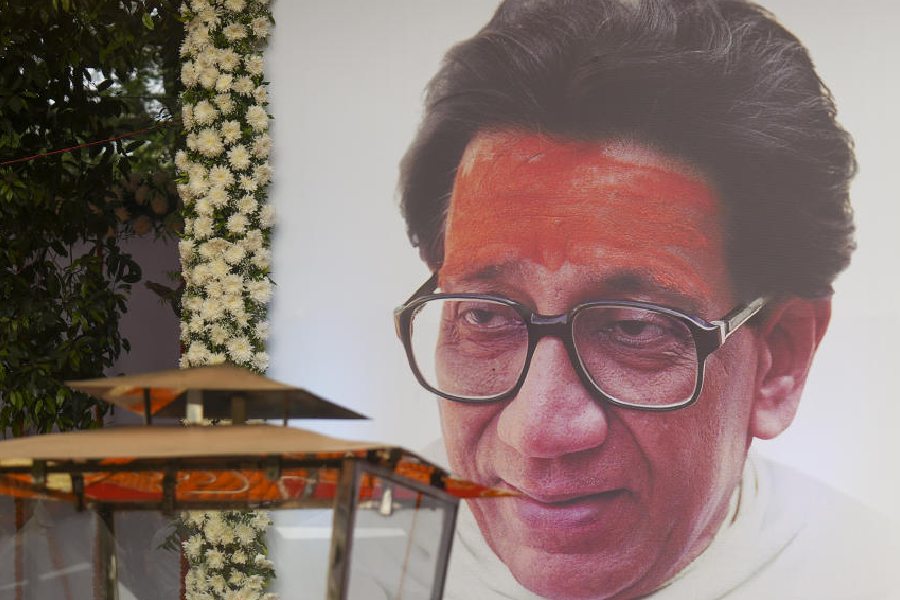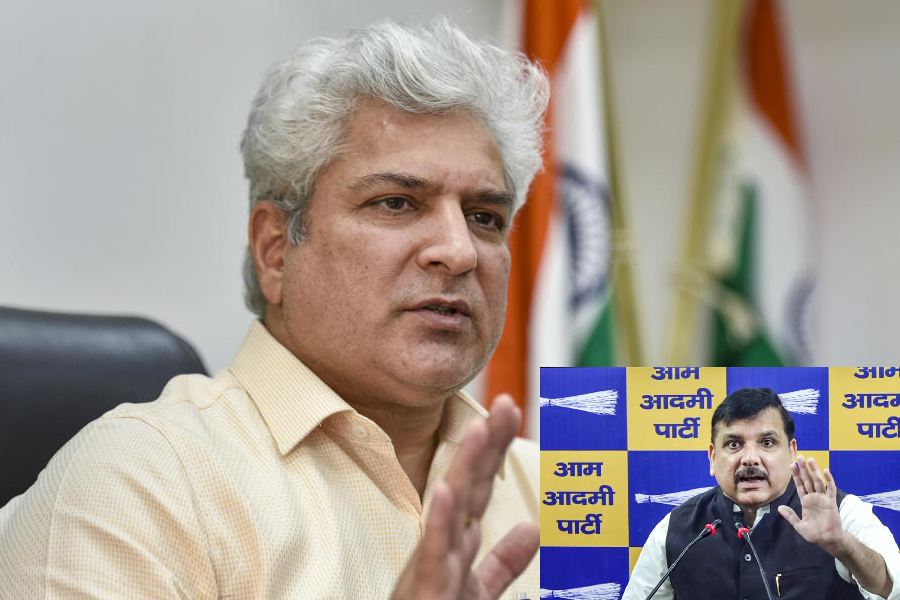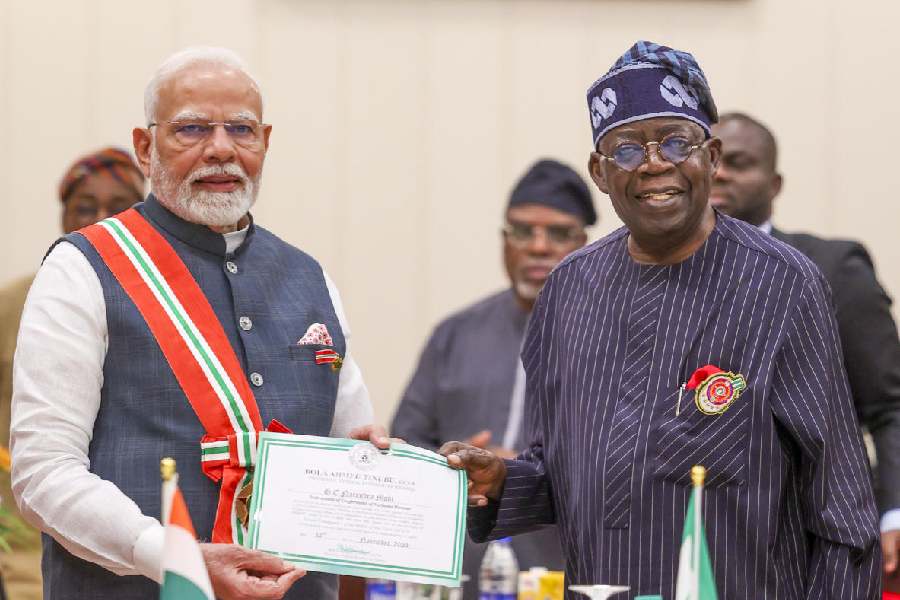The government should not make any changes in the customs duties for at least five years with a view to promoting domestic manufacturing, economic think tank GTRI said on Wednesday in its pre-Budget recommendations.
The Global Trade Research Initiative (GTRI) also suggested retaining import duty on components; removal of inverted duty issues; and reduction of customs duty slabs to 5 from 25 at present to avoid confusion and minimise litigation.
These suggestions will prepare India adequately to meet the challenging global economic environment, it said.
The think tank noted that countries worldwide have turned inwards to brace for the tough global conditions and against this background India should announce a five-year duty freeze.
"Any change may upset...production linked incentive scheme (PLI); phased manufacturing programme and other manufacturing initiatives. The government must reduce import duties only when a clear economic case is present," it said.
The duty freeze should be co-terminus with the five years of the PLI scheme and it would also convey the message of policy stability.
The GTRI also said all electronic and complex engineering devices consist of thousands of components and India will become true manufacture only when components are made here.
"But if duty on components is brought to zero, they will be imported resulting in simple assembly of final products in India. Most firms doing this will disappear when incentives end," it added.
On reducing customs duty slabs, it said India has more than 26 slabs for customs duties ranging from zero to 150 per cent. In addition, there are over 100 specific or mixed-duty slabs.
"Too many duty slabs result in different duties for similar items, leading to classification disputes and expensive litigation. This also makes the automated processing of documents difficult," it said.
In the Budget for 2023-24, the government must compress the duty slabs to 5.
"Already 85 per cent of tariff lines (or product categories) are covered under six duty categories - 5 per cent, 7.5 per cent, 10 per cent, 15 per cent, 20 per cent, and 30 per cent. A beginning may be made for industrial products," it said.
It added that reduction in number of duty slabs will immediately enhance transparency of the system, reduce classification disputes, and allow machine processing of documents.
Budget 2023-24 is scheduled to be presented by Finance Minister Nirmala Sitharaman on February 1.
Former Indian Trade Service officer Ajay Srivastava is the co-founder of GTRI. He took voluntary retirement from Government of India in March 2022. He has a rich experience in trade policy making, and issues related to WTO (World Trade Organization) and free trade agreements.
Except for the headline, this story has not been edited by The Telegraph Online staff and has been published from a syndicated feed.











